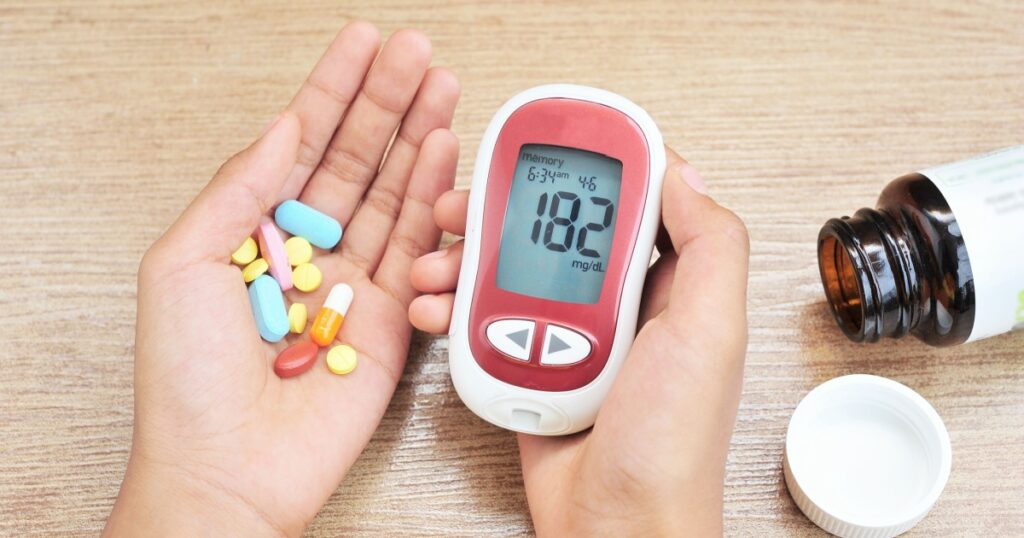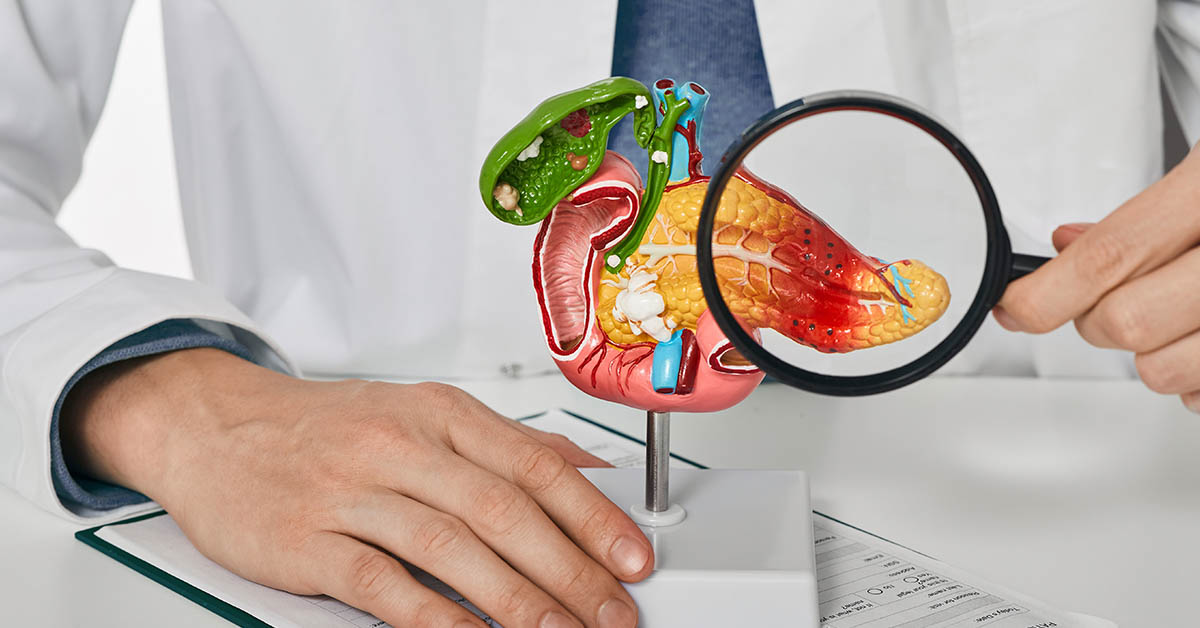Pancreatic cancer is a serious and often life-threatening disease that affects thousands of individuals every year. It has a low survival rate, mainly because it is often diagnosed at an advanced stage. This means that being aware of the signs and symptoms can help detect it early, increasing the chances of successful treatment. These are the ten signs of pancreatic cancer that you should never ignore and what you need to know about this deadly type of cancer.
Understanding Pancreatic Cancer

The pancreas is an essential organ located in the abdomen that plays a crucial role in digestion and hormone production. The pancreas is responsible for producing enzymes that help break down food and hormones that regulate blood sugar levels. It also produces insulin, which is needed to convert glucose into energy. (1) Pancreatic cancer occurs when abnormal cells in the pancreas begin to grow uncontrollably, forming a tumor. The most common type of pancreatic cancer is called adenocarcinoma, which accounts for about 95% of all cases. This type of cancer usually starts in the ducts that carry digestive juices from the pancreas to the small intestine. Other types of pancreatic cancer include neuroendocrine tumors (NETs), which are less common and tend to grow slowly; and cystic tumors, which are usually benign but can become cancerous over time. It is important to understand the early signs and symptoms of this disease in order to seek medical attention promptly. (2)
Read More: Woman’s Grapefruit-Size ‘Liver Cancer’ Tumor was Actually a Giant Parasite
10 Signs of Pancreatic Cancer

The reason why pancreatic cancer is often so deadly is simply because it is not caught until it is in the later stages of the disease. This is because symptoms can be difficult to spot, or may not even present themselves until the illness is already more advanced. Understanding the risk factors and symptoms of this cancer will help you to seek intervention early, vastly improving treatment outcomes. These are the 10 most common signs of pancreatic cancer (3):
1. Unexplained Weight Loss

Weight loss isn’t always a good thing, especially when it isn’t planned for. Sudden and unintentional weight loss, especially if accompanied by a loss of appetite, can be an early sign of pancreatic cancer.
2. Jaundice

Yellowing of the skin and eyes can occur due to the buildup of bilirubin, a pigment produced by the liver. This can be a sign that pancreatic cancer is blocking the bile duct.
3. Abdominal Pain

Chronic or unexplained abdominal pain, which may radiate to the back, can be a sign of pancreatic cancer. The pain can be mild or severe and may worsen after eating.
4. Digestive Problems

Pancreatic cancer can affect the ability of the pancreas to produce digestive enzymes, leading to indigestion, diarrhea, or oily, foul-smelling stools.
5. New-Onset Diabetes

Pancreatic cancer can disrupt the production of insulin, resulting in the onset of diabetes in individuals who have not previously had the condition.
Read More: Survey: Only 1% Of People Know The Tell-Tale Signs Of Some Of The Deadliest Cancers
6. Changes in Stool

Pale, greasy, or floating stools may indicate an issue with the pancreas, which can be a sign of pancreatic cancer.
7. Fatigue

Persistent fatigue and a lack of energy can be a symptom of pancreatic cancer. It may be caused by a variety of factors, including anemia or the cancer itself.
8. Back Pain

Constant or progressive back pain can be a sign that pancreatic cancer has spread to the nerves and tissue surrounding the pancreas.
9. Blood Clots

Pancreatic cancer can increase the risk of developing blood clots, which may present as pain, redness, swelling, or warmth in the affected area.
10. Gastrointestinal Issues

Nausea, vomiting, or a frequent feeling of fullness after eating small amounts of food can be symptoms of pancreatic cancer, particularly if they are persistent.
Read More: 10 Cancer-Linked Foods You Should Never Put in Your Mouth Again
Talking to Your Doctor About Pancreatic Cancer & Prevention

If you are experiencing any of the above signs and symptoms, it is important to consult with your healthcare provider. They will be able to evaluate your symptoms, perform tests, and determine the appropriate course of action if pancreatic cancer is suspected. While there are no guaranteed ways to prevent pancreatic cancer, adopting certain lifestyle habits may reduce your risk. These include maintaining a healthy weight, avoiding tobacco and excessive alcohol consumption, eating a balanced diet, and engaging in regular physical activity. It is also important to understand your personal risk, so that you can be on higher alert.
Risk factors for pancreatic cancer include:

- Age: The risk of developing pancreatic cancer increases with age. Most cases are diagnosed in people over the age of 60.
- Smoking: Cigarette smoking is the most important risk factor for pancreatic cancer. About 20% of all cases are caused by smoking.
- Diabetes: Having diabetes increases your risk of developing pancreatic cancer by about 50%. This is because people with diabetes have higher levels of insulin in their blood, which can promote the growth of cancer cells.
- Obesity: Being overweight or obese increases your risk of developing pancreatic cancer by about 20%.
- Family history: Having a close relative (parent, sibling, child) with pancreatic cancer increases your risk of developing the disease. Inherited syndromes such as multiple endocrine neoplasia and defects in the BRCA1 and BRCA2 genes also increase risk.
- Ethnic Race: African Americans and people of Ashkenazi Jewish descent are more likely to develop pancreatic cancer than other races.
- Exposure to certain chemicals: People who work with certain chemicals, such as those used in dry cleaning or metalworking, may have an increased risk of developing pancreatic cancer.
- Gender: Men are more likely than women to develop pancreatic cancer.
The Bottom Line

Pancreatic cancer is a devastating disease, but awareness of the signs and symptoms can make a significant difference in early detection and treatment. Being familiar with the ten signs of pancreatic cancer discussed in this article can potentially save lives. If you or a loved one experience any of these signs, it is crucial to consult a healthcare professional for further evaluation and guidance.
Read More: 8 Symptoms of Colon Polyps and 4 Signs They May Be Cancerous
Sources
- “Pancreatic cancer.” Mayo Clinic
- “Understanding Pancreatic Cancer.” OHSU
- “Symptoms of pancreatic cancer.” NHS

